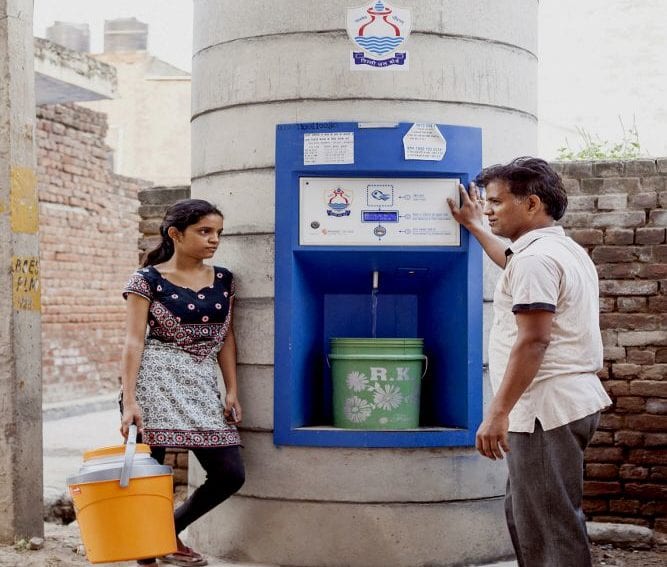By: Anita Makri
Send to a friend
The details you provide on this page will not be used to send unsolicited email, and will not be sold to a 3rd party. See privacy policy.
Technological innovation is often touted as the solution to the myriad challenges related to reducing poverty and promoting sustainable development. Yet those challenges endure.
So how to get innovation to have a social impact? The Technology for Development 2016 conference, organised by UN Educational, Scientific and Cultural Organization and the École Polytechnique Fédérale de Lausanne, asked this crucial question last week.
It turned out to be rather difficult to get at answers or discover particularly promising ideas. Perhaps unsurprisingly — it’s the very reason the questions needs to be asked. But some crucial stakeholders were also missing from the gathering.
We heard from high-profile speakers about the big picture: tech transfer is part of UN mechanisms such as the Sustainable Development Goals and COP 21, and other initiatives that address issues like the changing nature of conflict, humanitarian work and security threats. The conference also heard from researchers, entrepreneurs and businesses, who are chipping away at the challenge in their corner of the world.
People in resource-poor countries already work with technologies of their own — how can researchers and practitioners build on this and learn from them?
Anita Makri
And there were a few exciting innovations on display: an improved protection suit for use during epidemics that can be recycled, a portable kit that provides surgeons with adequate light when operating in remote areas, and a water filtration system developed by a Swiss company, much like India's water ATMs.
One group is funders, whether it is aid agencies, philanthropic foundations or seed funders that support start-ups. Their support is crucial to any attempts to scale up promising technologies.
Another is knowledge brokers: individuals or organisations that are less visible in development discourse but play an instrumental role by mediating between innovators and users, such as poor farmers. The Knowledge Brokers Forum is a collaborative space that could be tapped into to bring in that perspective.
Many participants spoke of the need for more direct input from communities. One of the observations that struck a chord during the last day’s plenary was that communities are still spoken about paternalistically, in terms of their needs not strengths. People in resource-poor countries already work with technologies of their own — how can researchers and practitioners build on this and learn from them?














